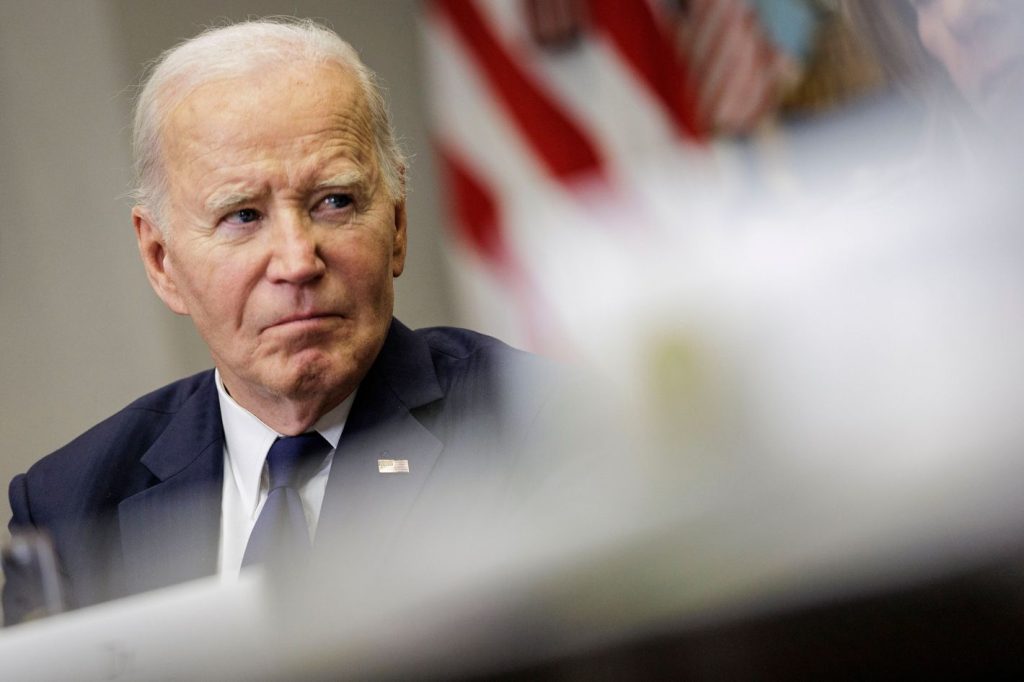Photo: Samuel Corum/Bloomberg/Getty Images
Just over four years ago, I heard three words every human being dreads: “You have cancer.”
In my case, it was prostate cancer. I regularly took a prostate-specific antigen (PSA) because prostate cancer seemed to run in my family and this time my annual test produced a higher-than-usual number. So I consulted a urologist, who referred me to lab for an MRI (my first, and I hope my last, since it induced extreme claustrophobia), which showed some mass in my prostate gland. That led to a biopsy, then the diagnosis.
Because the cancer was localized and slow moving, I was told to take my time choosing a treatment, or even nontreatment, and considered radiation and focal therapy, a minimally invasive “zapping” of cancer cells. But then I was given a genetic test that showed I would be at a very high risk of recurrence with any treatment that left the prostate gland intact, which wasn’t a big surprise since my father, grandfather, and two uncles had prostate cancer (one of my uncles died after refusing treatment). So I opted for the scary-sounding “radical prostatectomy” to remove the offending gland, choosing a surgeon who had done the procedure hundreds of times.
The night before the surgery I talked to a friend who’s a very experienced nurse, and asked him to bluntly tell me the worst that could happen. “You could go under the anesthesia and never wake up.” So I made my peace with my family and my God, and fortunately the next day I became a prostate-cancer survivor. Thanks to the surgeon’s skill, recent technological advances, and good luck, I recovered pretty quickly and missed only a week of work.
All of this is to say I had immediate sympathy for Joe Biden when word of his diagnosis went public over the weekend.
Unfortunately, sympathy isn’t the only reaction we are hearing:
What I want to know is how did Dr. Jill Biden miss stage five metastatic cancer or is this yet another coverup??? pic.twitter.com/fSqtDmcX4p
— Donald Trump Jr. (@DonaldJTrumpJr) May 18, 2025
Junior is not atypically jumping to a political conclusion without a lot of information. Yes, as celebrity physician Steven Quay says, prostate cancer is typically a slowly developing ailment and is usually detectable by a PSA test, as was the case with me. But in rare cases, it appears suddenly and spreads rapidly and/or is not so easily detectable. I had a friend who died not long ago from aggressive prostate cancer that appeared to come out of nowhere with suddenly very high PSA scores; he was, as it happens, a retired oncologist. If (and again, none of us, including Donald Trump Jr., knows at this point) Biden’s prostate cancer was more typical, it’s also possible he developed it after the age of 70, when PSA testing is often suspended. And even if he knew of his condition, he and his physicians might have decided against immediate treatment. As I learned when I was mulling options after my own diagnosis, there is a recent trend toward “active surveillance” of prostate cancer rather than treatment, particularly in older men.
Would going in that direction without disclosing it to the public have constituted “yet another coverup”? It’s impossible to say at this point. We don’t know enough to know if we should have known it earlier. If the cancer was asymptomatic (as it was in my case), or if the recommended treatments were considered too risky or invasive, it’s unclear there would be any obligation to publicly disclose the condition. There are, after all, an estimated 3.3 million living Americans who have been diagnosed with prostate cancer at some point, and most live normal lives.
Yes, the very thought of any kind of cancer is terrifying. But prostate cancer is both very common and relatively nonlethal. When I was diagnosed, the first question I asked my urologist was: “What percentage of men develop prostate cancer?” His answer was instructive: “All of them if they live long enough.” While that’s a bit of an exaggeration, it’s true that the incidence of prostate cancer among men over the age of 65 is nearly 60 percent. Yet only one out of 44 men die of prostate cancer.
How to deal with this condition depends on too many factors to count. None of us knows what Biden, his physicians, and his family knew about his condition and what they decided to do and not to do at any given point. I’m fine with never knowing, just as I’m not terribly interested in calculating precisely how much cognitive acuity Biden lost during his White House years, or how much cognitive acuity his successor has right now. The presidency is an elaborate apparatus made and shaped by many hands, and how Americans perceive any particular occupant of the office is very clearly determined by partisan and ideological predispositions as much as by the information we are given (or denied) about any given president’s vital statistics.
But even if I’m mistaken and the “public’s right to know” extends to every detail of Joe Biden’s or Donald Trump’s medical condition, minimal decency demands that we react to the kind of news we just received about the former president with sympathy and even sadness, with an “Oh no!” rather than a “Why wasn’t I told?” If we’re lucky, we’ll all grow old and collect many medical diagnoses. Indeed, the lab, the doctor’s office, and the hospital are typically signposts on the road to eternity. I survived a cancer “scare” and appreciate life more than ever. Let’s please allow Biden to live out his life in peace.
More on Biden’s cancer diagnosis
Biden Cancer Diagnosis: Response From Trump and Other LeadersWhat Doctors Say About Biden’s Prostate Cancer Diagnosis

